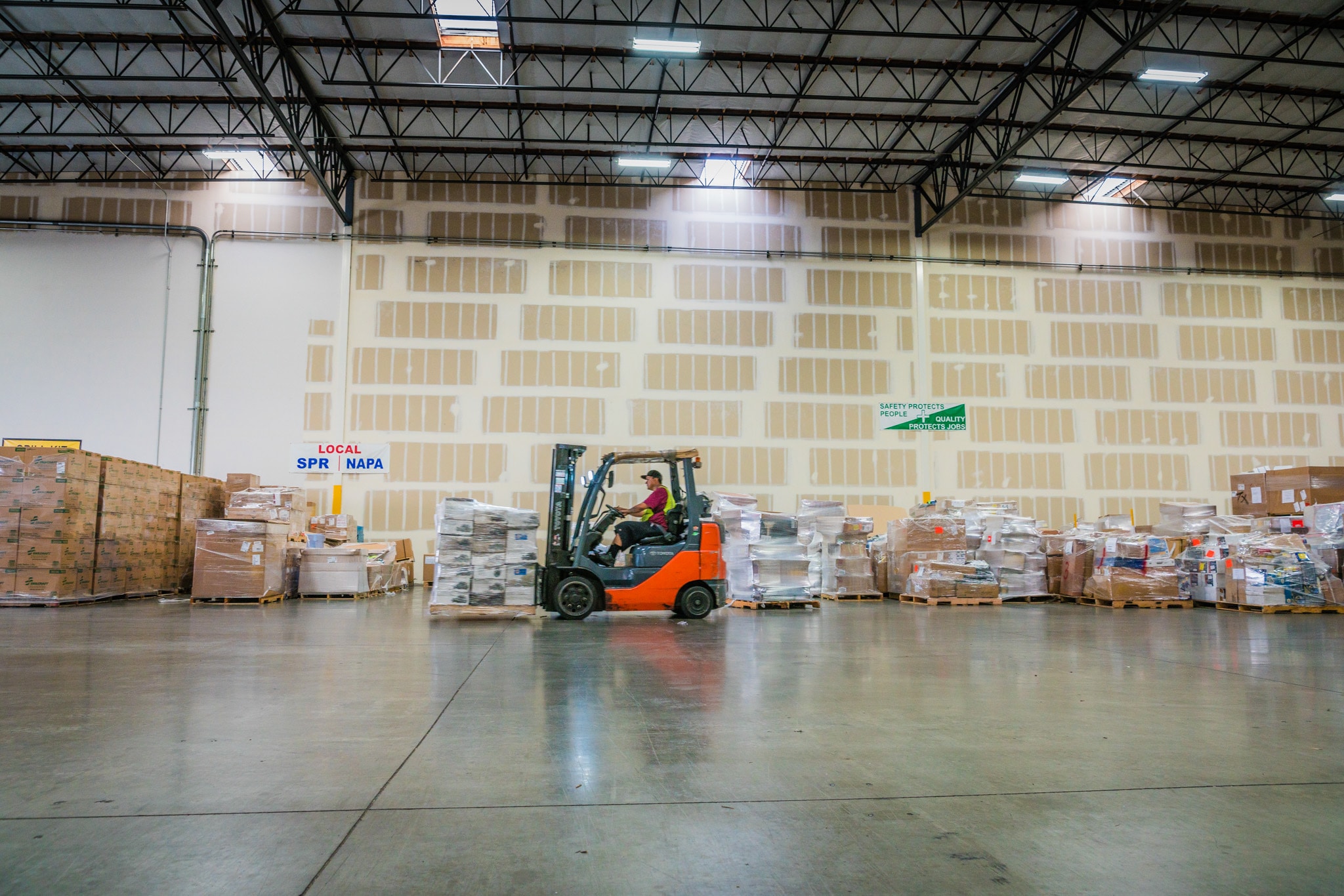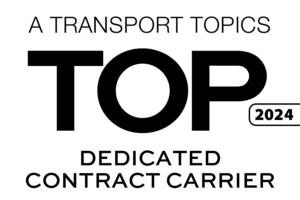 As technology continues to expand, more and more data is entering the digital sphere. The more information is digitized, the easier it is for data breaches to occur across multiple industries and platforms.
As technology continues to expand, more and more data is entering the digital sphere. The more information is digitized, the easier it is for data breaches to occur across multiple industries and platforms.
The logistics and transportation industries are not immune to the data hacking that is happening among all industries implementing more digital tools. According to X-force Threat Intelligence Index 2020, the transportation industry was the third-most attacked industry in 2019, showing that cybersecurity is a top priority.
In 2020, the cybersecurity breach trends continued with transportation sites like the San Francisco International Airport and the Australia-based Toll Group reporting attacks on their digital data within a month of each other.
Types of Digital Breaches
Currently, the top threat to cybersecurity is ransomware. Ransomware is malware that hackers typically use in an attempt to extort money from their victims. They hack your software system and threaten to leak sensitive information if money isn’t paid to them.
Additional concerns in cybersecurity include cybercriminals abusing flaws in software and through third-party vendors. When working with third-parties or installing new software, be sure that all trusted partners take modern security measures.
Finally, malware is a big concern when it comes to cybersecurity. Malware comes in many forms, such as phishing emails that arrive directly in your inbox and mimic a legitimate email from someone in your company (for example, an email from your CEO’s name @gmail.com). But malware can also come from downloading software from an unknown source online.
What Does This Mean for Logistics and Transportation?
The overall trend shows that the internet of things (IoT) is what cybercriminals are most likely to attack, followed by operational technology (OT) and connected industrial systems. Because many of these systems are the driving force for travel and transport operations, cyber-attacks on these can create a significant impact on routing, positioning, tracking, navigation, and public interface.
Regardless of whether the cybercriminals’ motive is monetary or from state-sponsored adversaries, a successful cyber-attack can have a detrimental impact on the entire supply chain. For example, in 2017, cyberpirates attacked transportation and logistics companies, effectively shutting down the industry and costing companies an estimated $300 million.
Additionally, cyber-attacks could result in your entire company needing to take its IT offline while the mess left by hackers is cleaned. With IT offline, the whole supply chain can be negatively impacted from data going undetected and undelivered through dangerous situations for truck drivers spending too many hours on the road or getting caught in heavy traffic or bad storms that predictive software would typically navigate around.
With concerns around transportation digital security mounting, transportation and logistics companies must ensure their data is adequately encrypted, which Atech strives to provide for its customers.
Why is Trucking and Logistics At Risk?
Because many logistics companies are small- to mid-sized, many cybercriminals see a chink in their armor, believing that these smaller companies will be easier to hack and gain information that can either be sold or stolen.
The more complex a supply chain may be, the more information a cyberthief can steal. This means skilled hackers can gather data on everything from origin and destination to trucking companies and bank information.
Since many small- and mid-sized companies have smaller revenue and fewer employees, they tend to be slower on upgrading technologies, including cybersecurity, which makes them easier targets for hackers.
How Can You Protect Your Business?
When it comes to cybersecurity, put your trust in companies who are leading the pack. At Atech, we pride ourselves on being industry leaders in every way. From providing you with real-time information, you can see where your data silos are to remove bottlenecks and store your data in secure servers. Safety in all aspects of our business is our top priority.
Other ways you can protect your data include using unique, secure passwords, updating technology, and limiting how many hands touch each stage. Additionally, you can allow your customers access to changing account information, including passwords, rather than keeping all data in-house. Logistics and trucking companies like Atech can continue to use trusted cybersecurity vendors and continue to monitor the latest trends in cybersecurity closely.
Finally, a great way to help protect your company is by educating your employees. By letting your employees know the risks associated with compromised cybersecurity and what attempts at compromising cybersecurity may be, you help mitigate the risk your organization takes each day.


Leave a Reply